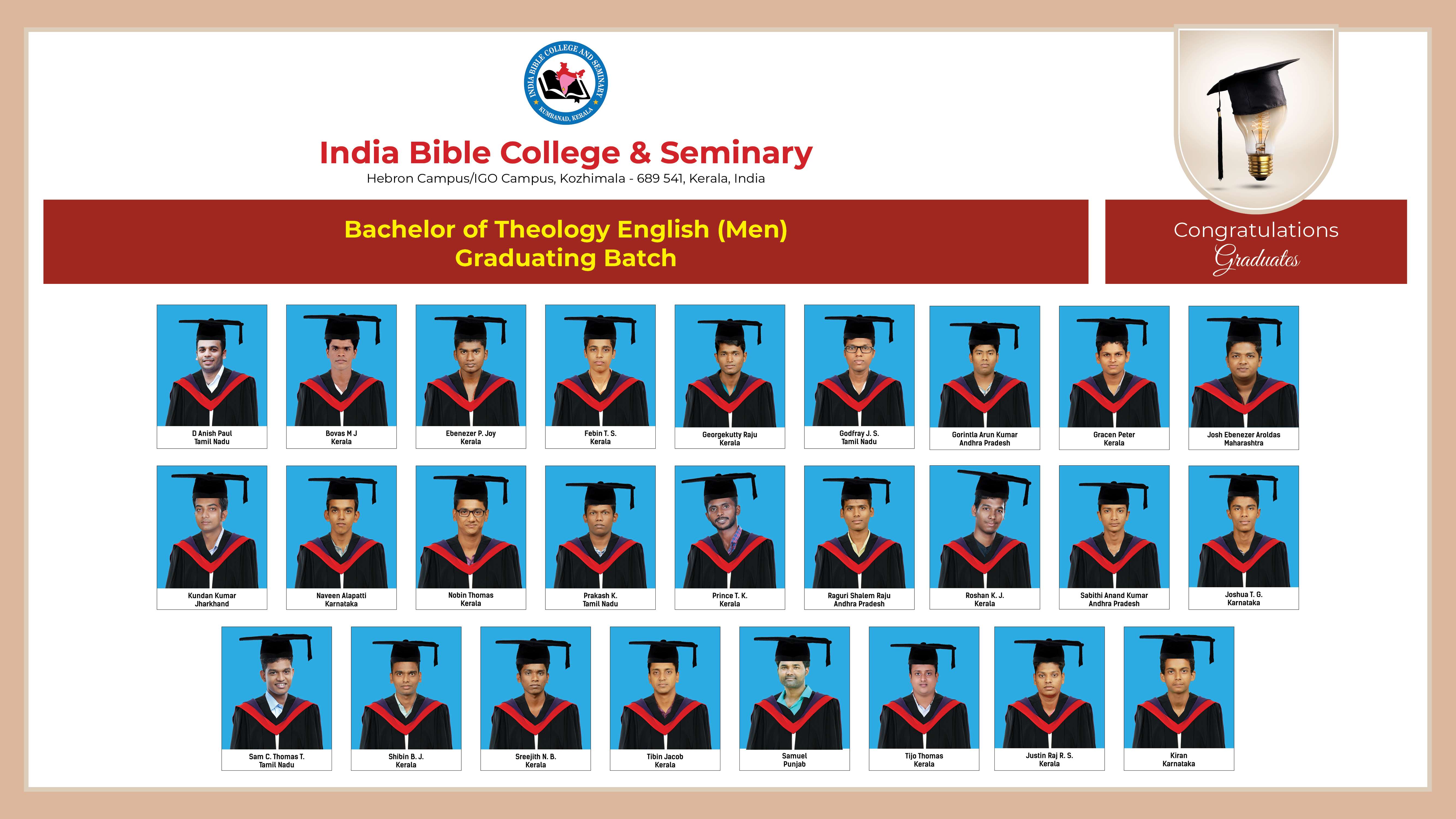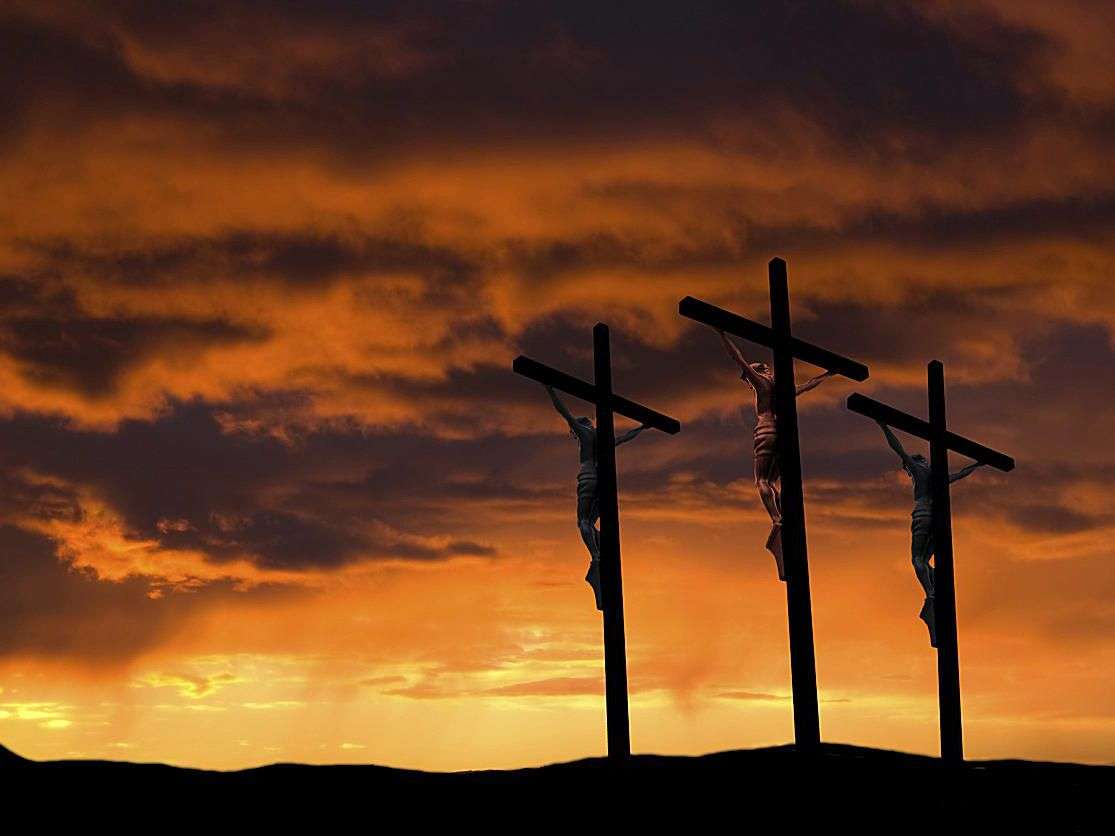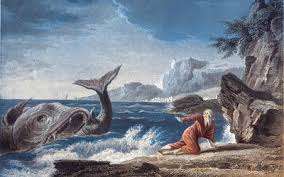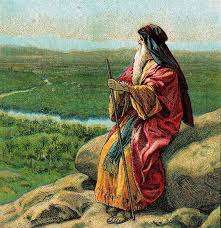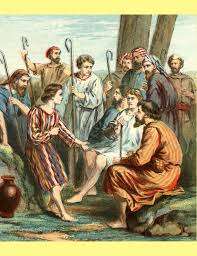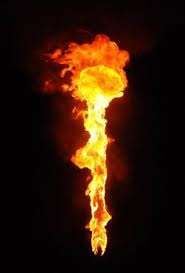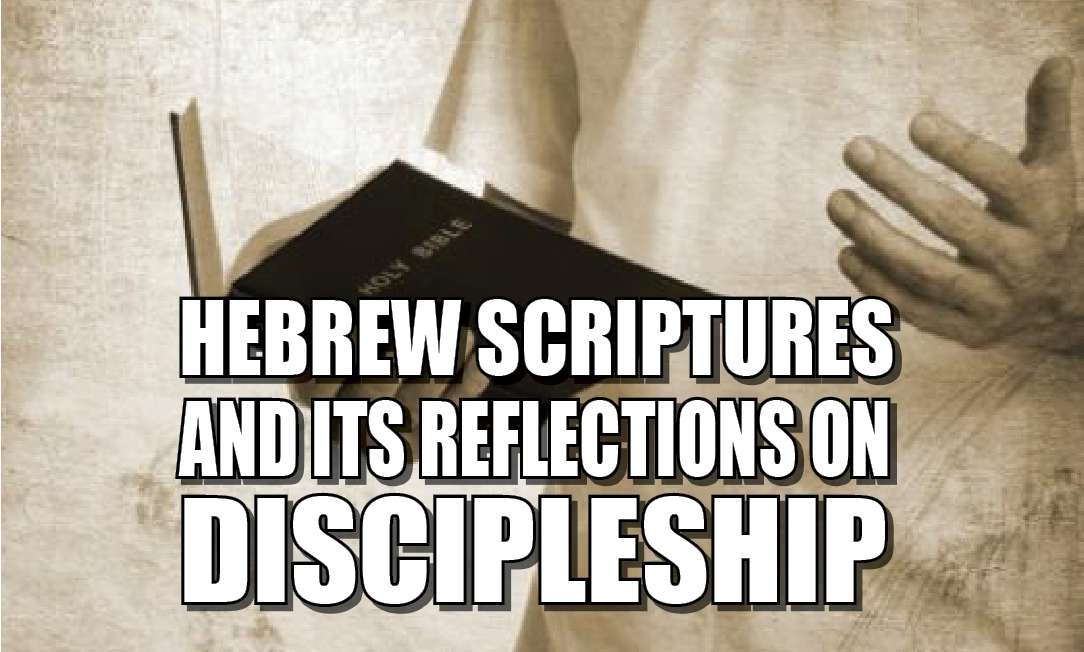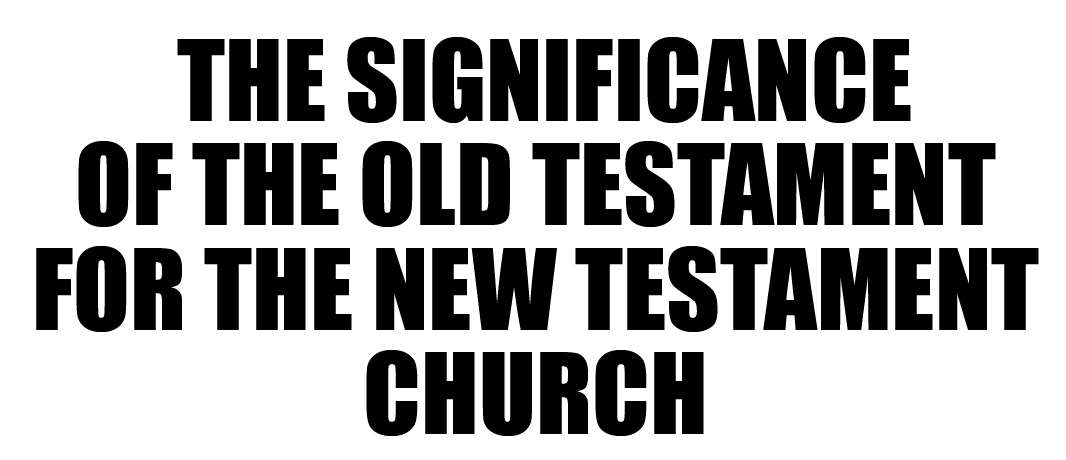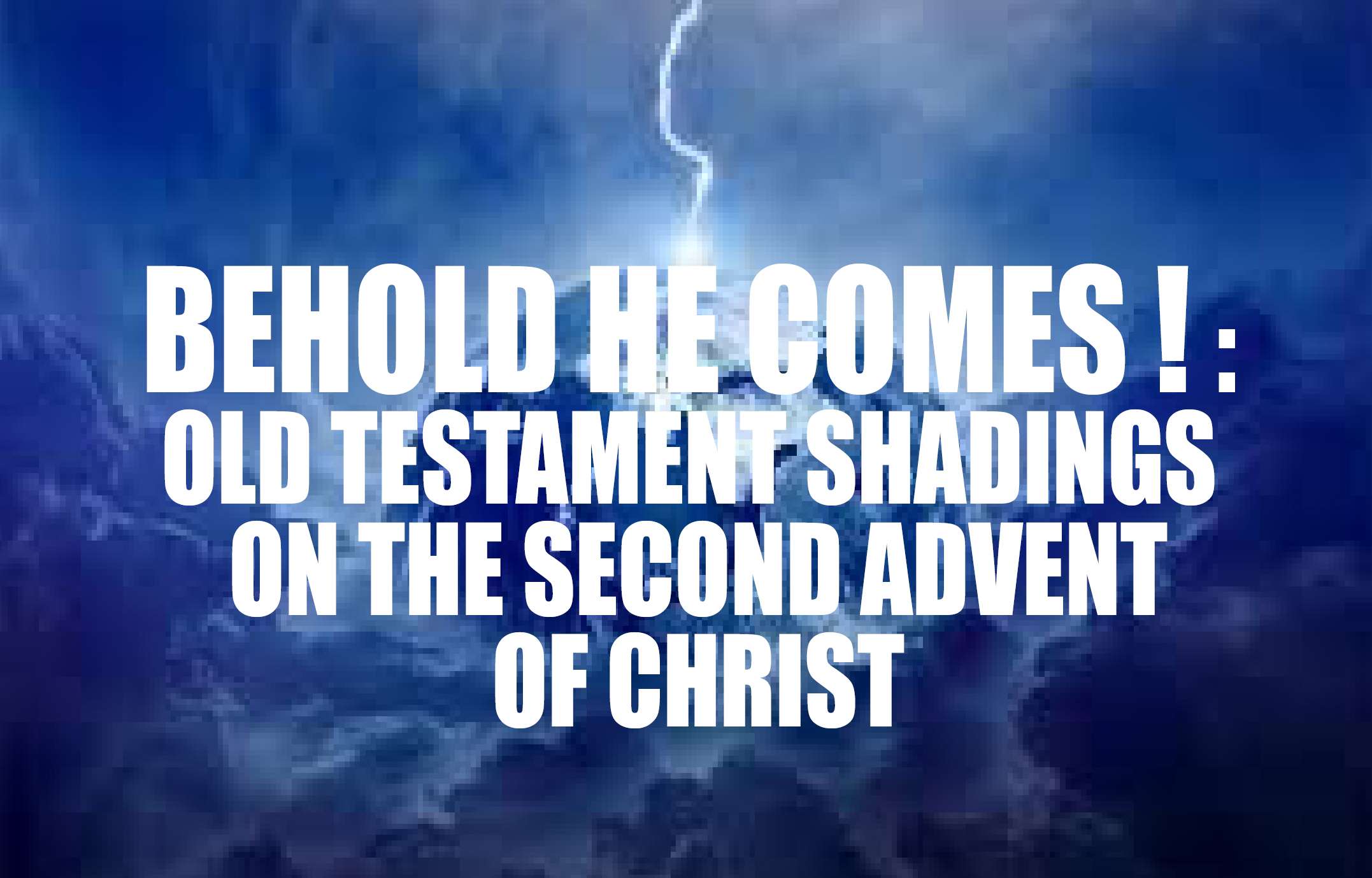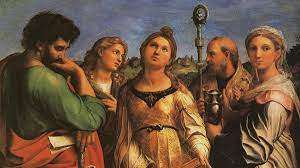
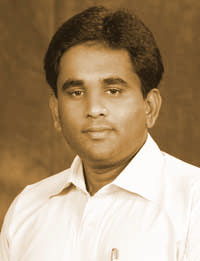
Ministry of Women In the Old Testament
Pr. Phinni Joseph
Over the centuries, Bible has exercised considerable influence on how women are perceived among the people of God. It seems that the primary emphasis of the Bible is on a woman’s subordination or inferior status. But a closer look into the scriptures would help us to understand the truth of God’s Word in relation to the role and ministry of women.
Despite the religious outlook, the duties were mainly assigned to the male in matters related to the divine. The male mediate between God and people. Women were relegated to the position of child bearers, passive-sufferers and always expected to be the ideal characters. They were not assigned with any leadership or ministerial duties, nor do we see any scriptural norms for their involvement in such ritualistic affairs. However, in the Hebrew Bible (Old Testament), when analyzed closely we see the crucial roles, in faith and administration, played by women in ancient Israel. They were not only victims, but were victors and their involvement changed the course of history.
Miriam: the prophetess and musician
Miriam exhibits intelligence, diplomacy, and courage to speak to the daughter of Pharoah (Exo. 2:1–10). We need to recognize the high profile valuation of Miriam in the writing of Moses.
In relation to the Exodus event, she appears at the bank of the Nile, when exodus account begins, and at the end of the story, she re-appears on the bank of the Red Sea. (Exo 2:1–10; 15:20–21).
She plays a major role in saving the life of Moses and ends the story of exodus with a song. Miriam is presented as a prophetess (Exo 15:20). At the crossing of the Red Sea one finds her in a dual role as prophetess and musician. The prophet Miriam is included along with her fellow musicians, implying the togetherness of both genders and all statuses. Her performance as a singer, and leading the company of musicians shows her prominence, prestige, and power in Israel.
Pentateuch mentions Miriam as a leader. Moreover, God himself insists through Micah (6:4) that she, along with her brothers, was divinely commissioned as a leader of Israel: “For I brought you up from the land of Egypt, I redeemed you from the house of bondage; And I sent before you Moses, Aaron, and Miriam.” Furthermore, the biblical record of Miriam’s death (Num 20:1) highlights her prominence to the extent that even the journey halted for a while. Miriam is mentioned among Amram’s children (lit. “sons”) in an entire chapter of fathers and male offspring (I Chr.5:29). This confirms her prominence, implicitly underscoring her parallel status in religious leadership along with her two brothers.
Deborah: prophetess and judge
Deborah is set center stage to reveal the high valuation of women in the book of Judges. The only judge described in any detail without mentioning serious character flaws was a woman! She also combines all forms of leadership such as religious, military, judicial, and poetical. Deborah was “woman of torches/lightning” or she was a “spirited woman’. Deborah is presented as one of the most powerful woman leaders in the Bible. She is the recognized political leader of the nation. She is the military leader on an equal footing with Barak. In comparison with Barak she played a superior role. Deborah is a judge of the same stature as all the other judges in the book of Judges, Both men as well as women turned to her for legal counsel and divine instruction. She is a prophetess, providing spiritual leadership in Israel. The prophet has more authoritative leadership to explain and apply the divine message even more than the teacher. Deborah as “judge” was in fact an “elder” of Israel. She calls herself a “mother in Israel” (Judg 5:7), which seems equivalent to the “father” imagery used as a “leadership title” in Israel (1 Sam 10:12; 2 Kgs 26 2:12). The ministry roles of women like Deborah in the covenant community, are clearly accepted by the society and given the blessing of God.
Huldah: the Prophetess
Huldah the prophetess (2 Kgs 22:14–20) held an office which involves the authoritative teaching of men. We need to note that when King Josiah commanded the priest and scribe to “Go, inquire of the Lord” (v. 13) regarding the discovery of the Book of the Law, they went to Huldah the female prophet for divine counsel, when the male prophets such as Jeremiah could have been consulted. A woman was sought out to authenticate that the scroll found in the temple was authoritative Scripture. According to 2 Kgs 22:14, Huldah lived in Jerusalem in the mišneh. It is suggested that this term has reference to an academy, one perhaps headed by Huldah. She was adept at dealing with the affairs of the people and exercised the divine authority, interpreting the divine will for the people of God.
Esther: Ministry in a time of national crisis
The story of Esther indicates the qualities of leadership demonstrated by a woman. Esther did indeed “come to the kingdom for such a time as this” (Esth 4:14) to be a savior of the Jews from the death decree of Haman under King Xerxes. The character qualities of loyalty, courage, and obedience to God were exceptional. She is described as woman of courage and intelligence who does not abandon her dignity. She is also a woman of influence and leadership. It is Esther who commands the fast, develops a plan and implements it. In short, she institutes the festival of Purim. She took courage to exercise her moral and leadership courage to regulate even the state machinery in a time of crisis.
Women Proclaimers
In Psalm 68:11 we see a most powerful affirmation of women as proclaimers of the word of the Lord: “The Lord gave the word and the women who proclaim it are a mighty throng” or “The Lord gives the command; the women who proclaim the good tidings are a great host”. Here is a portrait of women preachers - a great company of them.
Women sages
Women of wisdom exercised significant role in the community. The woman of Tekoah in the south (2 Sam 14:2–20), is mentioned (v. 2) as a “wise woman” and in her speech to David displays a perceptive understanding of the nature of justice and mercy. Note also that she speaks with a voice of authority, and men listen. The wise woman of Abel in the far north of Israel (2 Sam 20:14–22) likewise speaks with an authoritative voice and men listen and obey. Her attributes include “sagacity, faithfulness, a commanding presence, and readily acknowledged influence with peers. Note that the wise woman calls herself “a mother in Israel” (v. 19). During the period of the monarchy the “great/notable” woman of Shunem (2 Kgs 4:8–37; 8:1–6), is presented as a woman of wealth and self-reliance; a woman of verbal skills and competence, and her initiative and self-reliance. We can see her ministering to needs of the man of God .
Women leaders in the Post exilic period
We see women in leadership during the time of the postexilic period. The probable mention of a female scribe (Ezra 2:55; Neh 7:57), a clan which appropriated the mother’s and not the father’s family name (Ezra 2:61; Neh 7:63), female as well as male singers (Ezra 2:65; Neh 7:67), descendants of a possibly famed princess Shelomith (Ezra 8:10; 1 Chr 3:19); women as well as men who repaired the walls of city (Neh 3:12), and a woman prophetess Noadiah (Neh 6:14).
The Hebrew Bible gives us numerous examples of women in public ministry, including positions involving leadership in the community of Israel. They served as prophets, elders, judges /teachers, military leaders, sages, musicians and preachers of the Word of God. In fact they served the people or the nation during extremely crucial periods. They were essential contributors to the liberative work of God, as we see in the life of Miriam. Deborah assumed the leadership when ‘no men’ took courage to lead. Though Jeremiah was highly esteemed during her times, it was Huldah who lead the country back to the Mosaic Law. So also with Esther, who changed the destiny of a nation.
Hence, the Hebrew Bible serves us with strong impetus to model the ministry of women in the church in our time.

